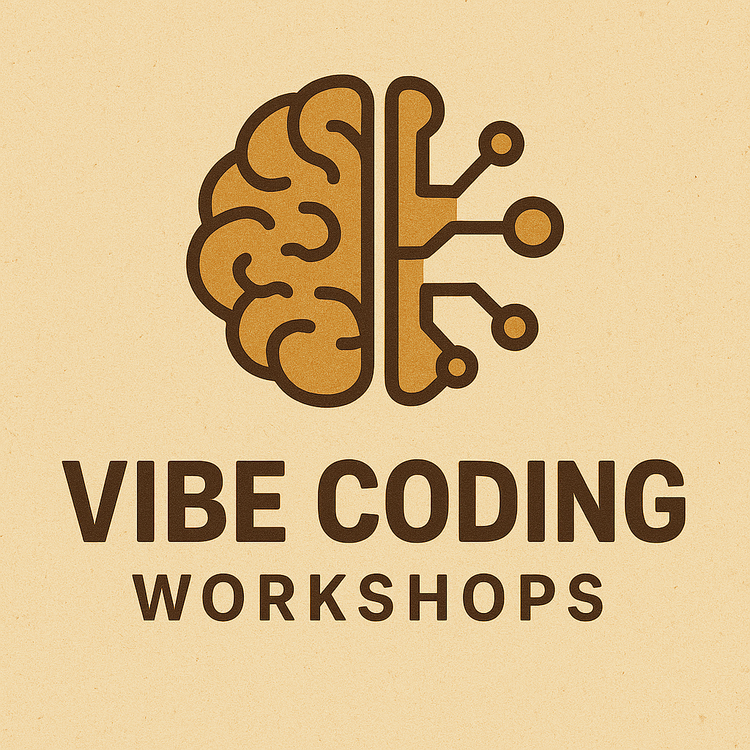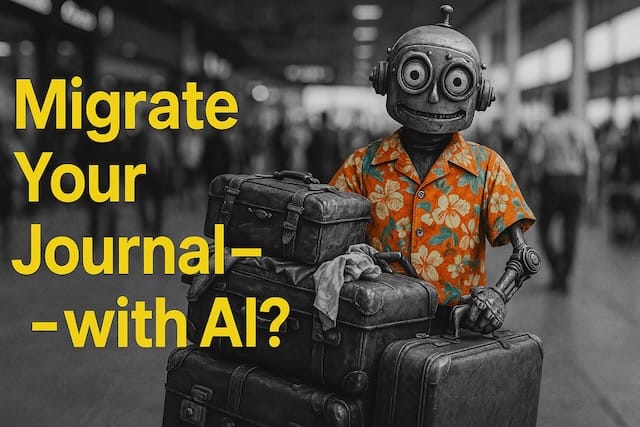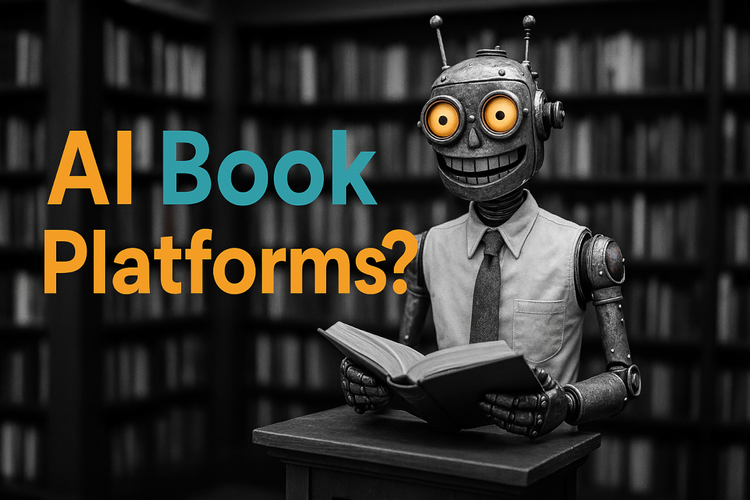When Content Becomes Technology

The age-old debate of technology versus content in the corporate world is becoming obsolete, especially in the realm of modern AI systems like large language models (LLMs). Here, a revolutionary shift has occurred: content is no longer just a product of technology, it is the technology.
LLMs stand as more than simple data processors. They represent a continuously evolving corpus, integrating and learning from an array of inputs including text, images, and media. These inputs do more than feed the system; they form the very foundation and substance of its outputs. Every new piece of information subtly refines the model's internal structures, thereby enhancing its ability to generate sophisticated responses. Thus, LLMs transcend being mere storehouses of data; they are dynamic, evolving entities where technical capabilities are deeply interwoven with the ingested content.
This profound interplay between content and technology in AI development signifies the end of the traditional dichotomy between technology and content. But it introduces a new model - adaptive media tailored to each user. LLMs function more as interactive storytellers than passive outlets, drawing on contextual cues to shape narratives. In a sense, modern AI tells us what we want to hear as drawn from a media landscape composed of living databases.
I'm of course interested in publishing and how this effects the work I do. But rather than speculate on predictions that will inevitably will be wrong, I'll leave you with a few questions, based on two assumptions:
- In AI systems, content and machine are the same.
- Modern AI is more akin to a storyteller than passive media.
If those simple premises hold true, then I have one fundamental question - what does this mean for the the type of publishing you are involved in?
While I won’t speculate, I want to apply this question to one domain I’m involved in – scientific publishing. One way I could answer would be: if content and machine are the same, then researchers will be feeding directly or indirectly into “the machine” as they conduct studies. The AI's outputs of analysis, narrative and next questions will be personalized for each scientist, adapted from this living data corpus.
Research papers and findings might become interactive experiences, with AI systems not just disseminating but assisting the discovery process.
So if AI systems function as adaptive scientific storytellers, what might this enable? How could it transform collaboration, analysis and the research process itself? I don't presume answers. But as technology and content fuse, these questions around authorship, discovery and communication seem to point to a future for 'publishing' that looks quite different to how it does now.
© Adam Hyde, 2024, CC-BY-SA
Image public domain, created by MidJourney from prompts by Adam.






Member discussion